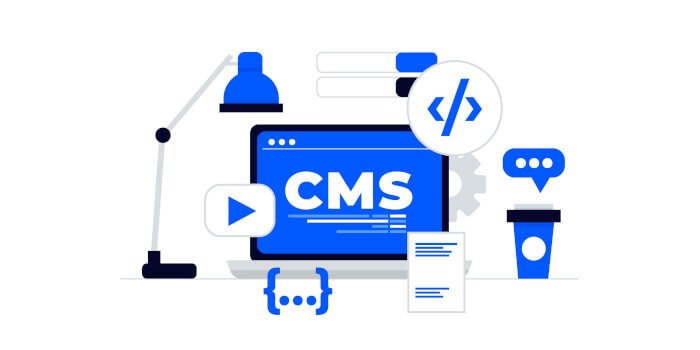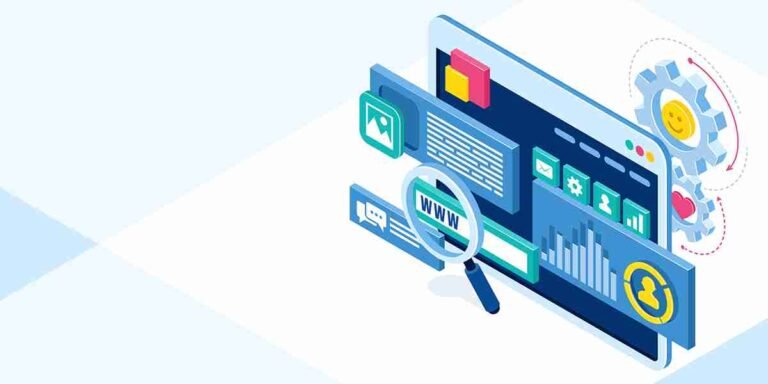The Role of PHP in Content Management Systems (CMS)

PHP plays a critical role in the development of Content Management Systems (CMS), empowering websites to handle content efficiently. At Mountain Techno System, we understand how PHP is the backbone for many popular CMS platforms like WordPress, Joomla, and Drupal. By utilizing PHP, CMS platforms can provide a user-friendly experience for managing, editing, and displaying content across websites. In this article, we will explore the significance of PHP in CMS development and how it supports the functionality and flexibility of modern websites.
Content Management Systems (CMS) have revolutionized the way websites are built and maintained. For developers, CMS platforms offer an efficient way to manage and deliver content without having to write complex code for every new update. At Mountain Techno System, we recognize that PHP is the backbone of many CMS platforms, providing the dynamic features that allow users to manage and update content with ease.
PHP’s versatility and power make it ideal for creating robust and scalable CMS solutions. Here’s a look at the role of PHP in CMS development and why it’s the go-to language for content-driven websites:
1. Server-Side Scripting Language:
PHP is a server-side scripting language, meaning it runs on the server and delivers dynamic content to the user’s browser. This allows CMS platforms to retrieve and display data from databases in real time, ensuring the content is up-to-date with each request.
2. Database Interaction:
CMS platforms rely heavily on databases to store and retrieve content. PHP works seamlessly with databases like MySQL, enabling CMS platforms to store content, user data, and configuration settings. Through PHP, content can be dynamically fetched and presented based on the user’s request.
3. Template Engines:
PHP enables CMS platforms to separate content and presentation using template engines. This allows developers to create reusable templates and themes, ensuring a consistent design while making it easy to update the content without altering the layout.
4. Content Personalization:
One of the powerful features of PHP is its ability to handle content personalization. By using PHP, CMS platforms can serve customized content based on the user’s preferences, browsing history, or location, enhancing the user experience.
5. Scalability and Flexibility:
PHP’s modularity allows CMS platforms to be highly customizable and scalable. Whether you’re building a small personal blog or a large enterprise website, PHP can be tailored to meet your specific needs and accommodate future growth.
6. Security:
PHP offers several built-in security features to help protect websites from common vulnerabilities. From preventing SQL injection to implementing data encryption, PHP ensures that CMS platforms are secure and safe for users to interact with.
7. Third-Party Integration:
PHP facilitates easy integration with third-party tools and APIs, enhancing the functionality of CMS platforms. Whether it’s integrating social media feeds, e-commerce systems, or analytics tools, PHP’s flexibility makes it simple to extend CMS features.
8. Open-Source Advantage:
PHP is an open-source language, which means CMS developers have access to a vast ecosystem of libraries, frameworks, and community support. This significantly reduces development time and cost, making it easier for businesses to launch and maintain content-rich websites.
At Mountain Techno System, we leverage PHP’s capabilities to develop and customize CMS solutions that empower our clients to manage content effortlessly while ensuring a robust, secure, and scalable platform.














